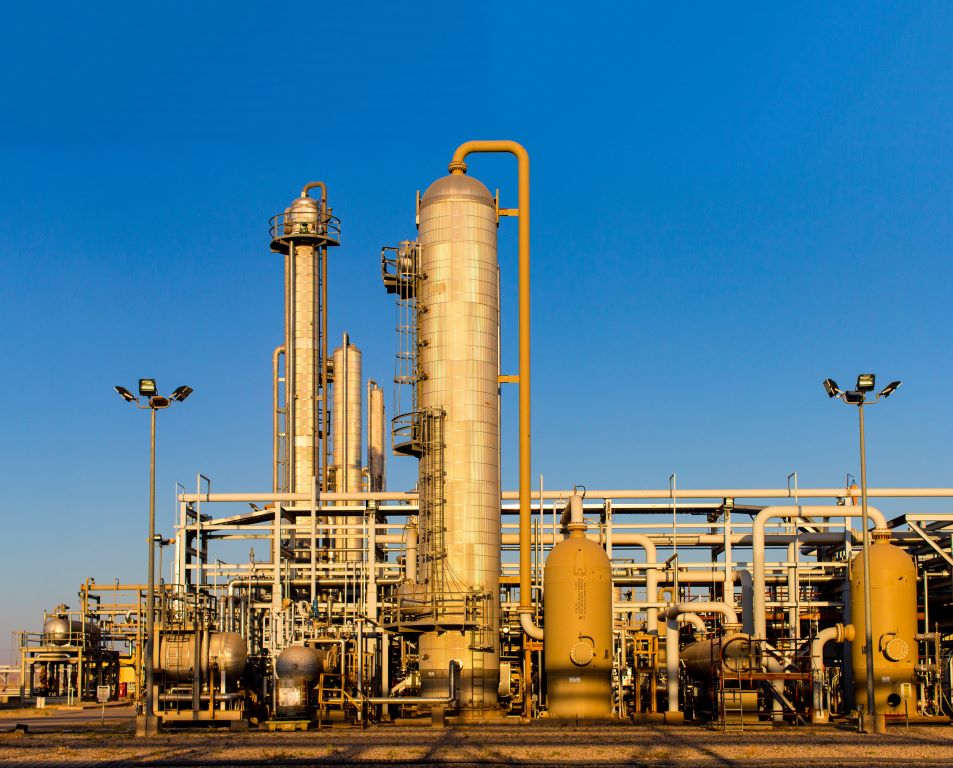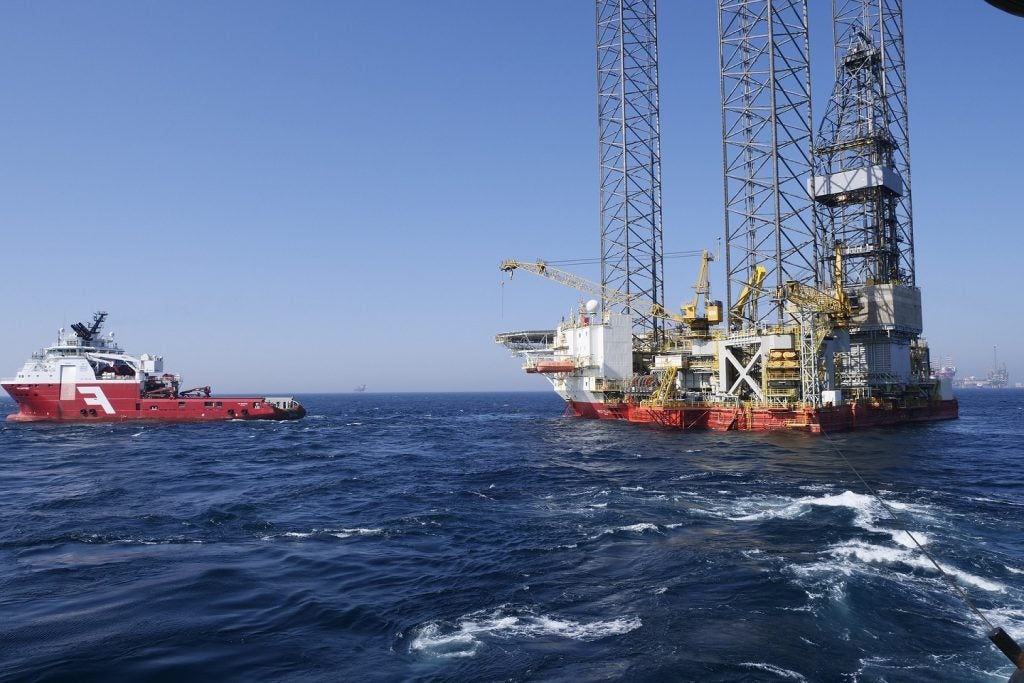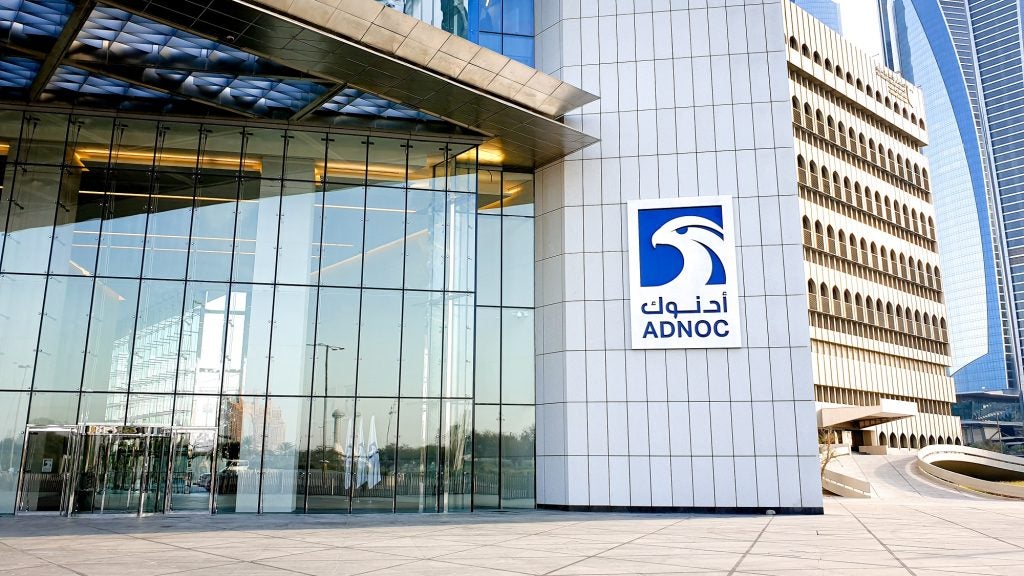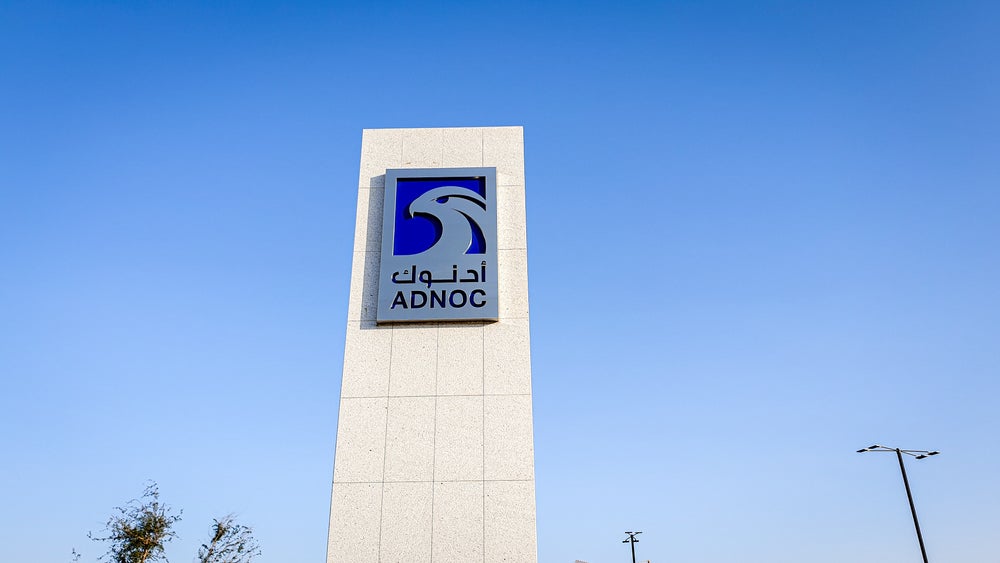Natural gas company Dana Gas has announced a drop in net profits in the first half of 2023, citing “additional discounts on condensate sales” in the Kurdistan region of Iraq (KRI).
“The impact of lower realised prices on the company’s profitability was partially offset by a production increase in the KRI and reduced operating costs by 15%,” the company said.
Based in Sharjah, United Arab Emirates (UAE), the company generated a net profit of almost $83m (Dh304m) as compared to almost $111m in H1 2022.
The average price of Brent crude oil dropped 25% during H1 2023 to $80 per barrel compared with $107 per barrel in H1 2022. The company made around $222m compared with almost $284m in revenue, a 22% decline due to “lower realised prices amid the softening global oil and gas prices”.
Patrick Allman-Ward, CEO of Dana Gas, said: “Dana Gas’s first-half results reflect the challenging environment hydrocarbon producers have been facing amid a decline in global oil prices.
“To counter the downturn in energy prices, the company has strengthened its focus on maintaining production and lowering costs while working with partner governments in Egypt and the KRI to settle outstanding payments,” he added.
The company said in the report that it had received $82m from the KRI, which had struggled to make punctual payments for more than a decade. Pearl Petroleum, a consortium majorly owned by Dana Gas, received $101m from the Kurdistan Regional Government (KRG) “despite the ongoing challenges within Iraq and is in ongoing discussions with the KRG to settle outstanding receivables as soon as possible”.
Dana Gas had to sell to third-party local buyers as other companies shut down production in the KRI. Only Pearl’s operations were uninterrupted since all the products were consumed locally.
The Dana Gas group received a total of $106m during H1 2023, including $82m from the KRI and $26m from Egypt. Egypt and the KRI owed the company around $41m and $97m, respectively, at the end of June.
The company’s production declined by 2% within the first of the year to 59,800 barrels of oil equivalent per day. Egypt’s production outweighed a 5% increase in the KRI, with a 12% drop due to natural field declines.















